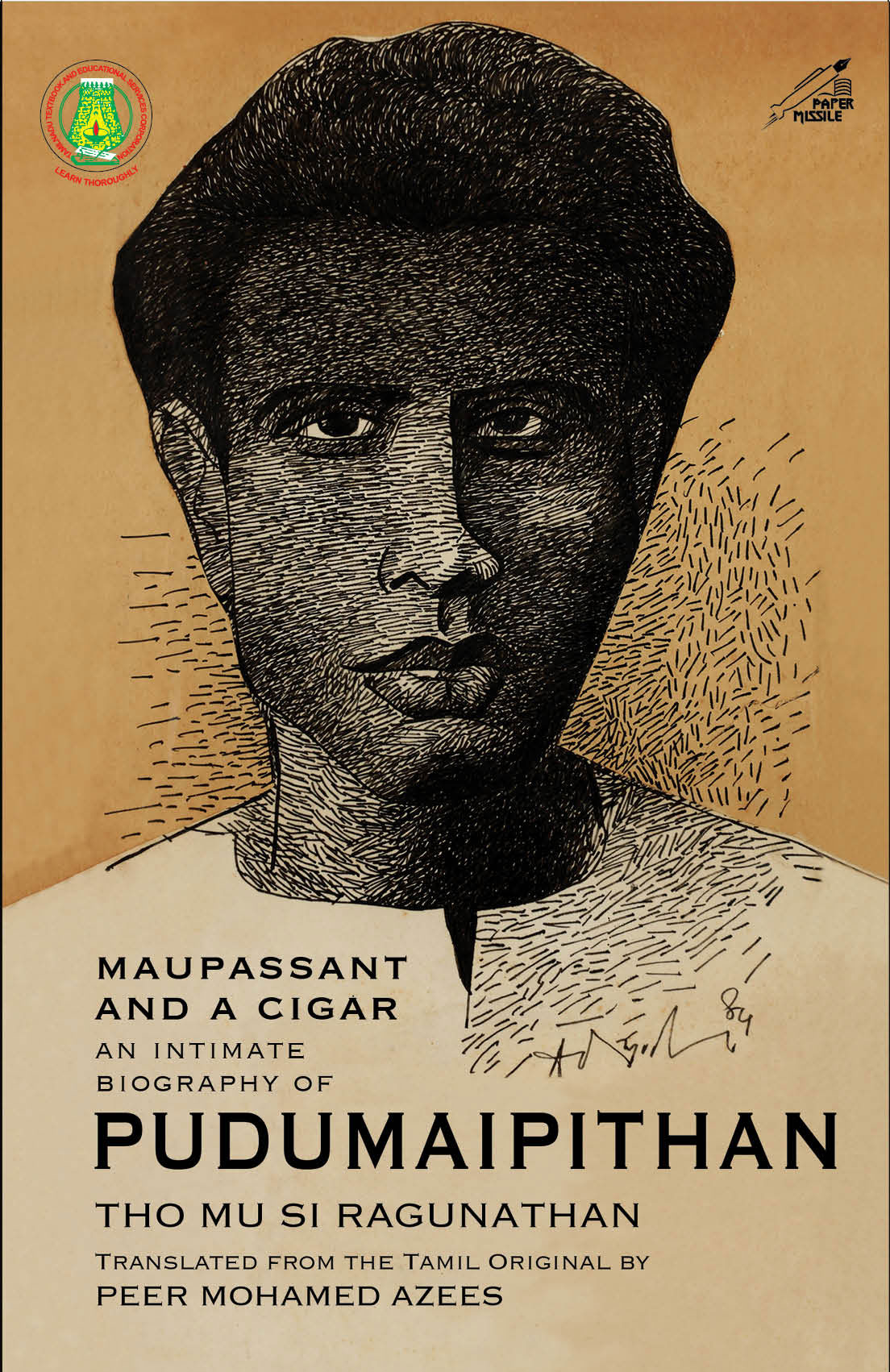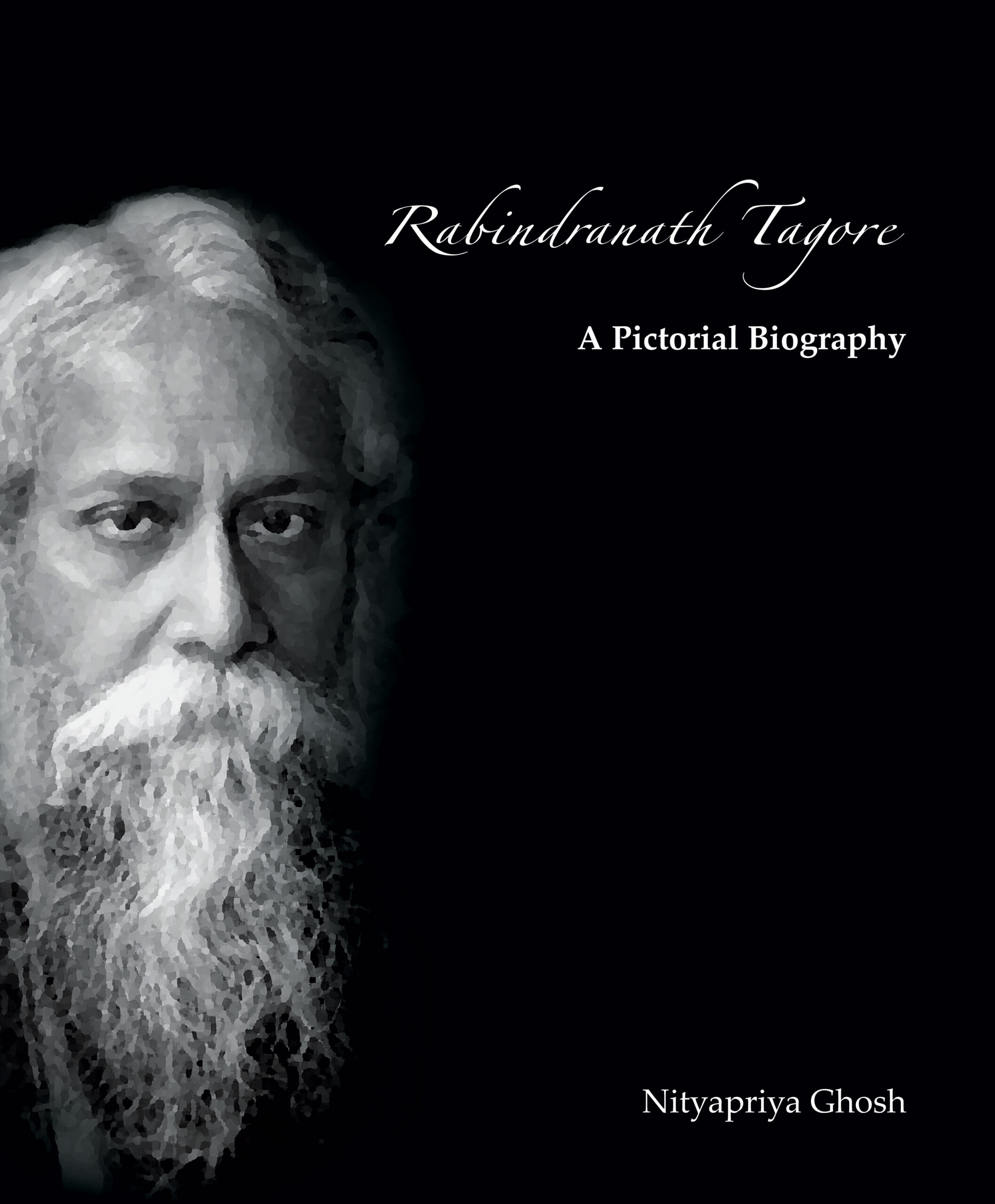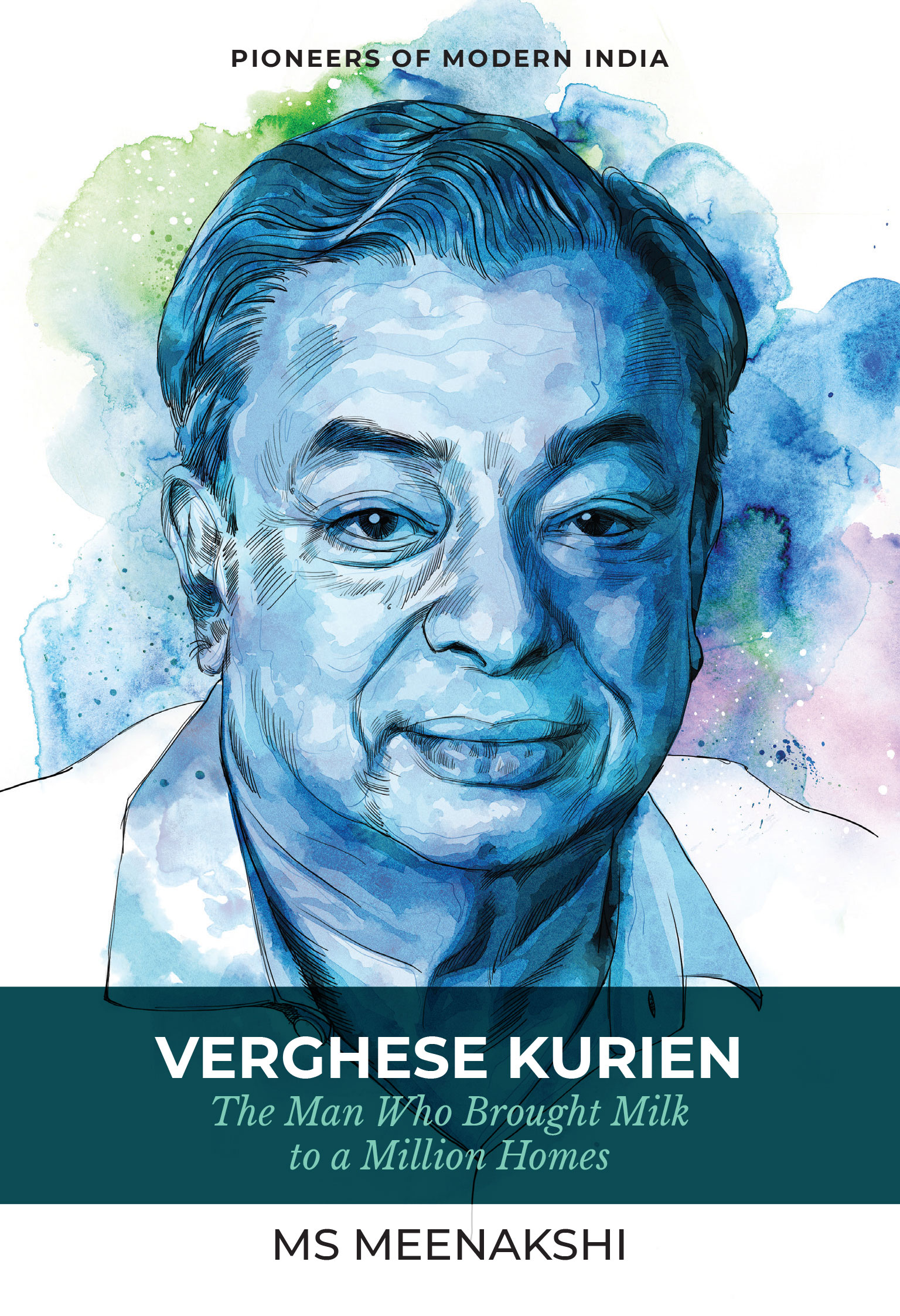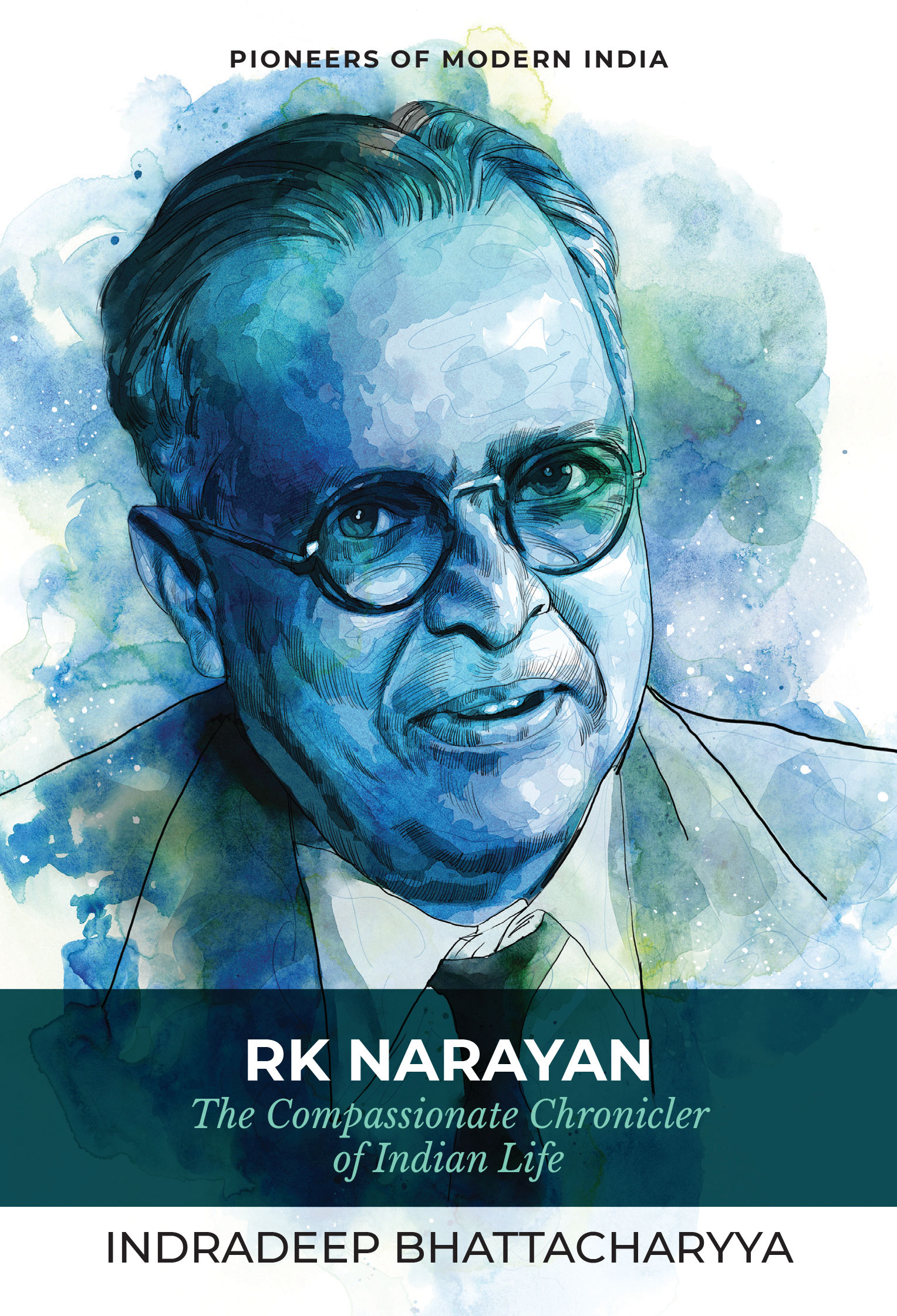Sign up and get notified with new article for free!

Book
Muhammad Ali Jinnah
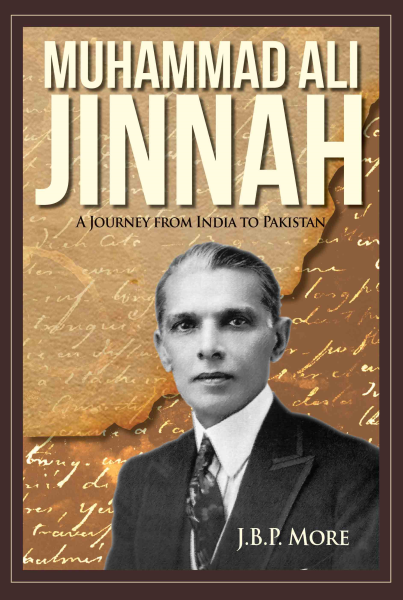
Muhammad Ali Jinnah : A journey from India to Pakistan
M.A. Jinnah entered politics as a Congressman and as a nationalist. While in the Congress, Jinnah joined the Muslim League in 1913. It was in that new political avatar that he brought about the Lucknow Pact as a communal settlement between Hindus and Muslims in 1916.
Exasperated by the rise of Gandhi in Indian politics, Jinnah left the Congress and dissociated himself from the Non-Cooperation and Khilafat Movements. He continued to be a leader of the Muslim League.
Jinnah raised his stakes. From his Delhi proposal to the Fourteen Points, he got almost everything from the British. The Communal Award came as a shot in his arm to re-affirm the separate political existence of the Muslims and their special destiny.
The Government of India Act of 1935 along with the Communal Award, and the subsequent provincial elections of 1937 gradually pushed Jinnah to radicalize his stand, related to the separate political existence of Muslims in India, ending in the demand for a separate Pakistan in 1940.
|

